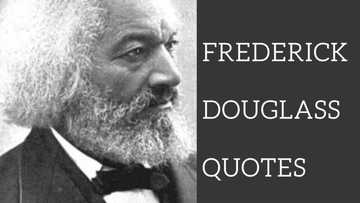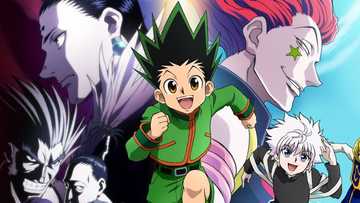Literature as Resistance: Uche Odogwu’s Literary Debut Tackles Structural Silence, Migration Trauma
Uche Odogwu, a UK-based Nigerian literary and performance artist, recently spoke about his upcoming novel, Dark Circles Under the Eyes, in an interview with veteran cultural and lifestyle journalist, Olusola Bodunde Sanusi.
CHECK OUT: How to Start Earning with Copywriting in Just 7 Days – Even if You’re a Complete Beginner
In Dark Circles Under the Eyes, Uche Odogwu delivers a haunting yet lyrical meditation on incarceration, identity, and diasporic disillusionment. At once emotionally close and politically urgent, the novel explores the story of Uzo, a young Nigerian woman wrongfully imprisoned in the UK after migrating for a better life.
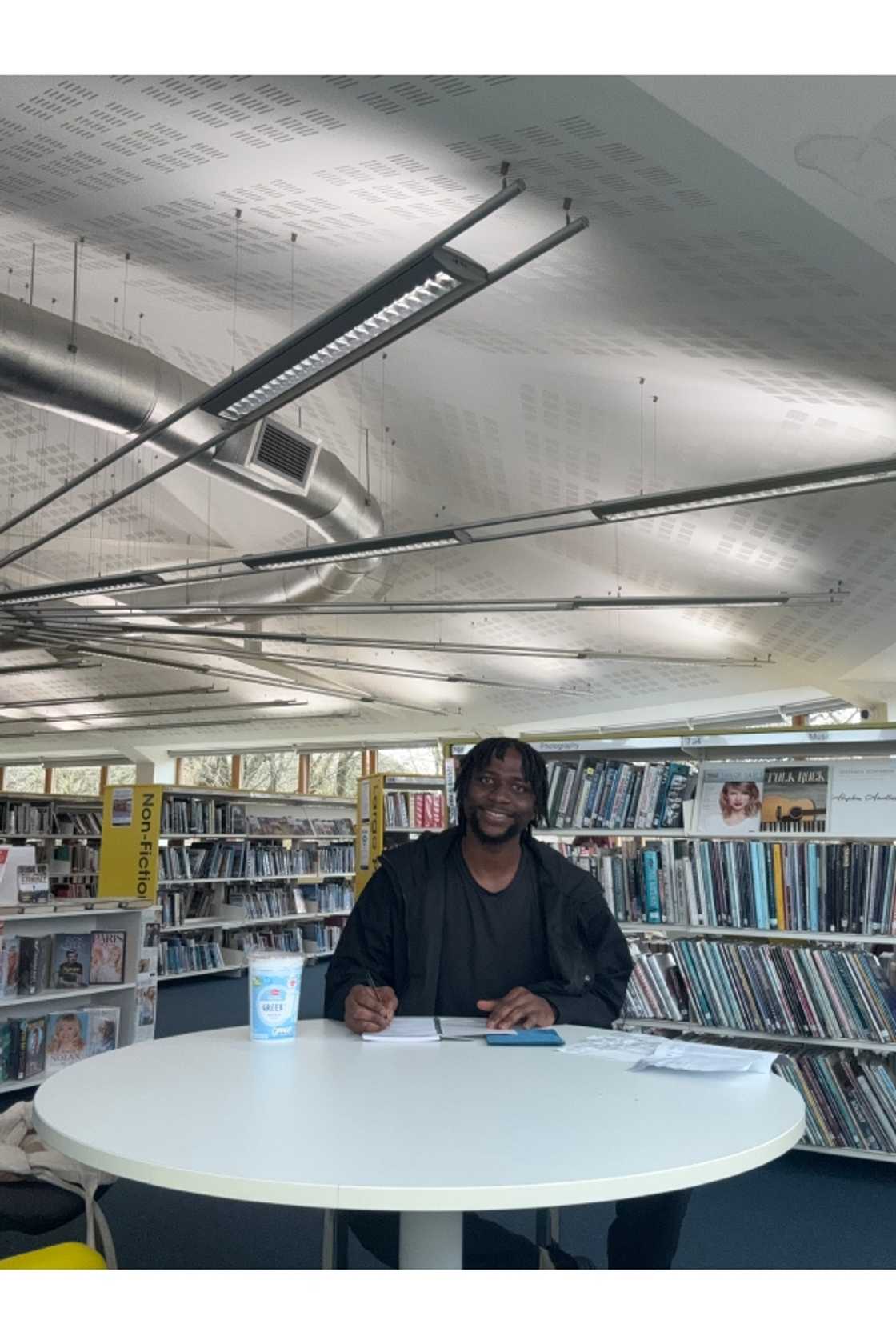
Source: UGC
Odogwu’s Roy’s lyrical structure, her ability to say the most devastating things beautifully, encouraged me to write Dark Circles with both fire and softness, to let language carry emotion even when the events are brutal. These writers showed me that stories can be political, personal, spiritual, and artistic all at once. My novel is in conversation with that tradition
Odogwu, who is a graduate of Bournemouth University, talked about the novel’s genesis, his creative process and his growing contribution to the literary arts and performance landscape.
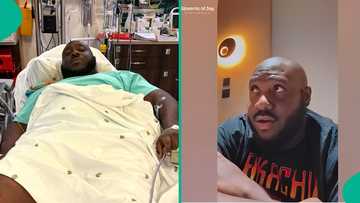
Read also
Jerry Eze: DJ Big N testifies of healing of life-threatening complications on NSPPD after gunshot
According to Odogwu, he was inspired to write Dark Circles Under the Eyes after noticing the silence surrounding the mental toll of migration. He said:
“The novel began as a response to the silence I saw around the mental toll of migration. There were countless stories of Nigerians traveling abroad, especially to the UK, only to be swallowed by systems that neither understood nor valued them. Dark Circles emerged from a place of grief, observation, and a need to write something both deeply personal and politically charged. I wanted to confront how a person can be physically present in a country yet emotionally erased by it.”
Odogwu also spoke about the novel’s protagonist, Uzo, who was unjustly imprisoned. The author explained choosing the prison system as the setting for Dark Circles Under the Eyes. According to him, prisons are smaller versions of what goes on in the larger society.
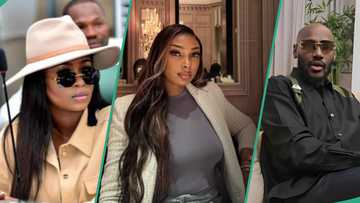
Read also
“Missing” 2baba, Burna Boy’s Lambo Lamba, 4 other news that took over internet in 2025’s 1st quarter
“Prisons are microcosms of the larger society. Incarceration in the UK, especially for Black migrants, is often more than punishment; it’s a continuation of systemic erasure. Uzo’s story is fictional, but it mirrors real lives, real women who disappear behind bars, often without fair trials or public outcry. I wanted to write about her not as a victim, but as someone caught in a violent system and still fighting to reclaim her voice”, he said.
Odogwu then addressed the themes of ancestral memory, visions and spirituality in his novel. He explained how, as an Igbo writer, spirituality is more than just an idea. He said:
“As an Igbo writer, spirituality is not just a theme, it’s an inheritance. Uzo’s dreams, the presence of her chi, and the visitations from Nnene (her grandmother) are not fantasy; they’re a way of reconnecting with power in a world that’s stripped her of everything. I believe memory, both collective and ancestral, is a form of resistance. The mystical aspects of the novel are how Uzo survives what should’ve destroyed her.”
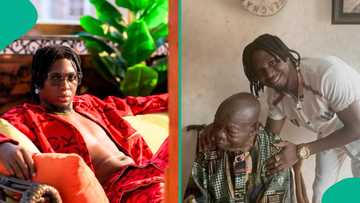
Read also
“How playing instruments for Gentleman Mike Ejeagha shaped my music career”: Afrobeat artist Spenta
Uche Odogwu also admitted that his blend of realism with poetic imagery in the novel is intentional. According to him, his background in theatre and film makes him write with rhythm and movement, as he wants his readers to feel as though they are watching a play on stage or screen.
“I have a background in theatre and film, so I’m always writing with rhythm, with movement. I want readers to see what I see, to feel breathless during a fight scene or weightless in a dream. I’m drawn to language that evokes mood as much as it tells a story. I often revise my scenes like a script, imagining how it would play on stage or screen”, he said.
Uche Odogwu’s biggest influences as a writer
Odogwu opened up about his literary influences during the interview by naming some of them. He started off with Chinua Achebe and how his deep cultural grounding, the rhythm of his language, and the way he embeds Igbo philosophy into narrative profoundly shaped how he thinks about storytelling.
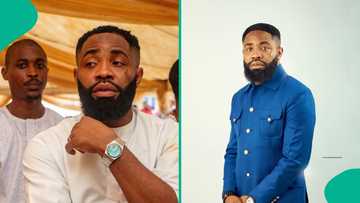
Read also
Woli Arole shocked as motivational speaker relocates after anti-japa talks : "I can build from afar"
He said: “Like Achebe, I’m concerned with the preservation of cultural memory, and in Dark Circles Under the Eyes, I try to capture that through the presence of Uzo’s chi, her connection to Nnene, and the ancestral weight that travels with her even in a British prison.”
Odogwu then mentioned Toni Morrison, who taught him that writing should go beyond clarity and reach for truth. In his words:
“Her ability to centre Black womanhood in all its beauty, trauma, and complexity gave me the courage to write Uzo without apology, not just as a victim, but as a soul navigating systemic injustice with spiritual power and pain.”
Another of Uche Odogwu’s influences is Camara Laye, especially the way he blends autobiography with dreamlike imagery in The Dark Child.
“I see echoes of that in my own work, where I layer reality with memory, visions, and ancestral encounters”, he said.
Arundhati Roy also influenced Odogwu with her debut novel The God of Small Things — particularly in the poetic way she captured trauma, silence, and the unsaid.
He said: “Roy’s lyrical structure, her ability to say the most devastating things beautifully, encouraged me to write Dark Circles with both fire and softness, to let language carry emotion even when the events are brutal. These writers showed me that stories can be political, personal, spiritual, and artistic all at once. My novel is in conversation with that tradition.”
Uche Odogwu was recently featured as a writer at Heard Word, and he shared what the experience was like and how the live engagement with his work impacted his writing process:
“That space was powerful. Sharing an excerpt from Dark Circles aloud and receiving real-time feedback from fellow writers reminded me that literature is a dialogue. It’s one thing to write in solitude, but it’s another to feel the resonance of your words in a room full of artists. Heard Word reminded me that storytelling is both personal and communal”, he said.
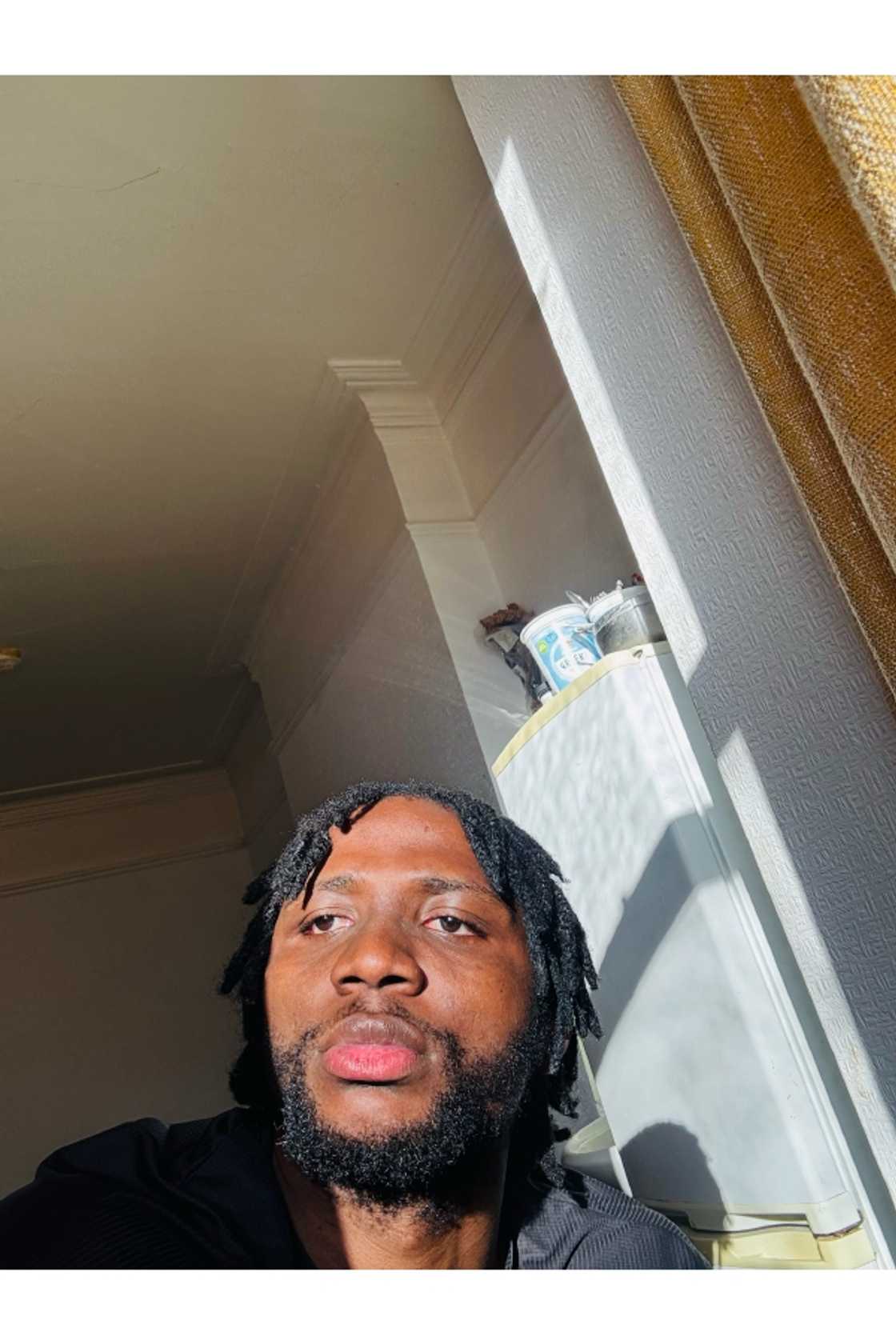
Source: UGC
Uche Odogwu shares his creative process from draft to final form
Many writers adopt different methods of getting their ideas out of their heads and onto paper. For Uche Odogwu, his writing begins with him jotting down things, not knowing where they would go. According to the author, the real work for him starts when he’s revising. He said:
“My writing begins in fragments — moments, images, lines of dialogue that I jot down without knowing where they belong. I let them breathe for a while. Eventually, something connects — a thread, a rhythm — and I start building around that. I’m not the kind of writer who outlines everything from the start. I move instinctively, letting the story reveal itself. Once the first draft is down, I step back for a while before returning to it with clearer eyes.
"The real work for me happens in revision. That’s when I sharpen the language, build emotional pacing, and refine character arcs. I often read my scenes aloud — partly from my background in theatre, partly to feel the pulse of the work. I’m always chasing resonance. If a sentence doesn’t breathe, I cut it. If a scene doesn’t echo beyond itself, I push deeper. Writing, for me, is a layering process. The first draft is survival — revision is where the soul of the work begins to speak.”
Uche Odogwu hopes for his novel, Dark Circles Under the Eyes, to fill a gap and stir up a change in the way people speak about migration, race and justice. In his words:
“I hope it fills a gap, that someone who has felt invisible, silenced, or judged will see themselves in it. I also hope it challenges how we talk about migration, race, and justice. Too often, African stories are framed as either survival or success. This book sits in the tension between, in that grey zone of endurance.”
Speaking about his next move after Dark Circles Under the Eyes, Uche Odogwu said:
“I’m currently revising a play that brings together voices from different nationalities, a multicultural cast exploring silence, survival, and the emotional baggage people carry across cultures and continents. It’s a deeply personal piece, but it also speaks to collective identity and healing. As for my novel Dark Circles Under the Eyes, it’s expected to be published before the end of the year. There’s already a growing buzz around it, readers are reaching out, there’s curiosity, anticipation, and that response alone reminds me that the work is alive, even before it’s fully out in the world. Long term, I want to create a body of work that moves between fiction, performance, and visual storytelling, a kind of multidisciplinary memory archive.”
PAY ATTENTION: Сheck out news that is picked exactly for YOU ➡️ find the “Recommended for you” block on the home page and enjoy!
Source: Legit.ng

Adunni Amodeni (Content Editor) Adunni Amodeni is a journalist with ten years of working experience in the media industry. She graduated from Babcock University in 2012 with a Bachelor’s Degree in Mass Communication. Adunni previously worked with Encomium Magazine (2012-2015). Email: shoyemi.adedolapo@corp.legit.ng

Taiwo Owolawi (Entertainment Editor) Taiwo Owolawi is an entertainment and lifestyle journalist with six years of work experience at Legit.ng. She graduated from Osun State University with a degree in English and International Studies in 2016. She has also moved on to pursue courses in Copywriting. Taiwo emerged as Legit.ng's Best Entertainment Editor in 2022. Contact: taiwo.owolawi@corp.legit.ng.



